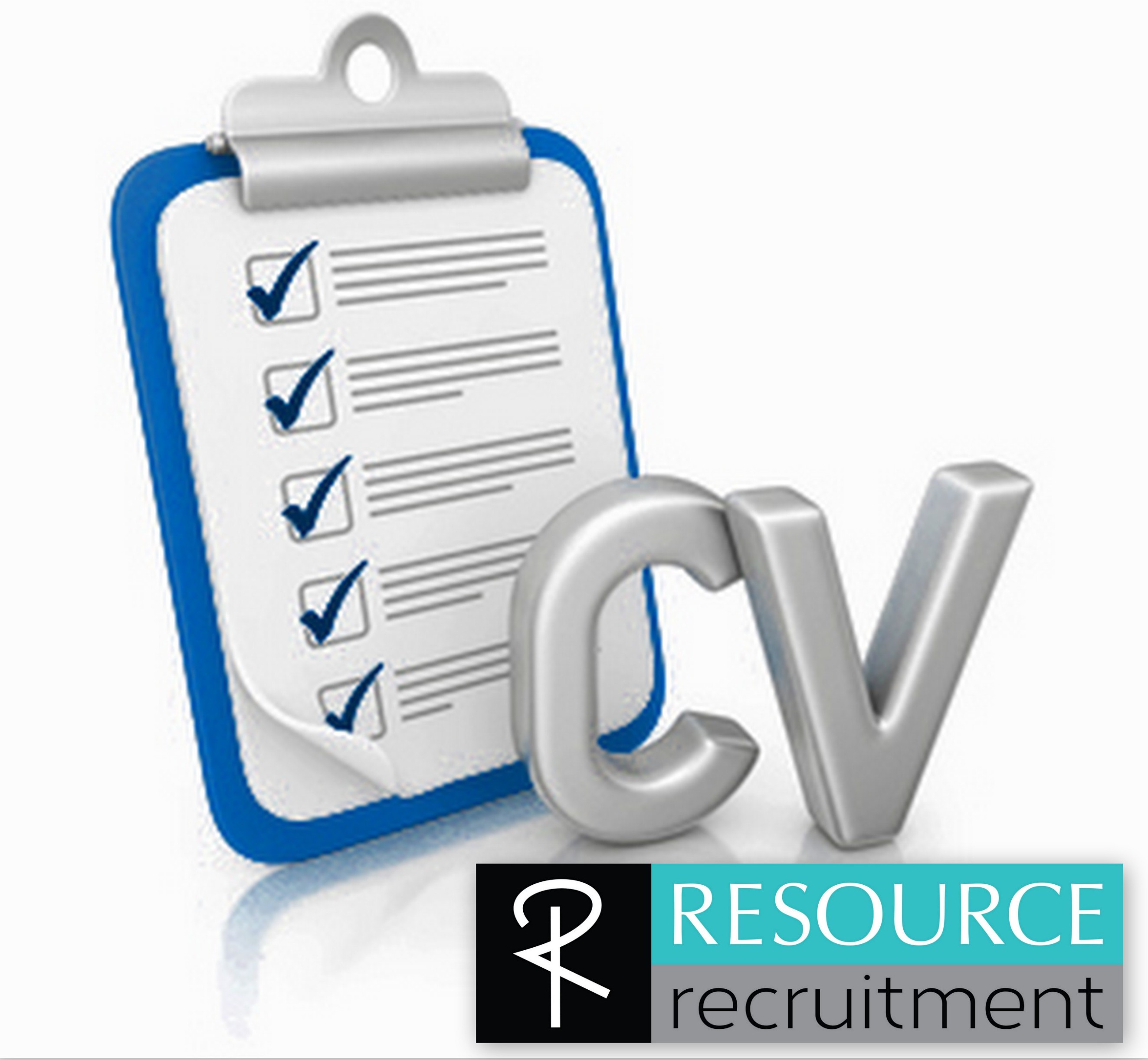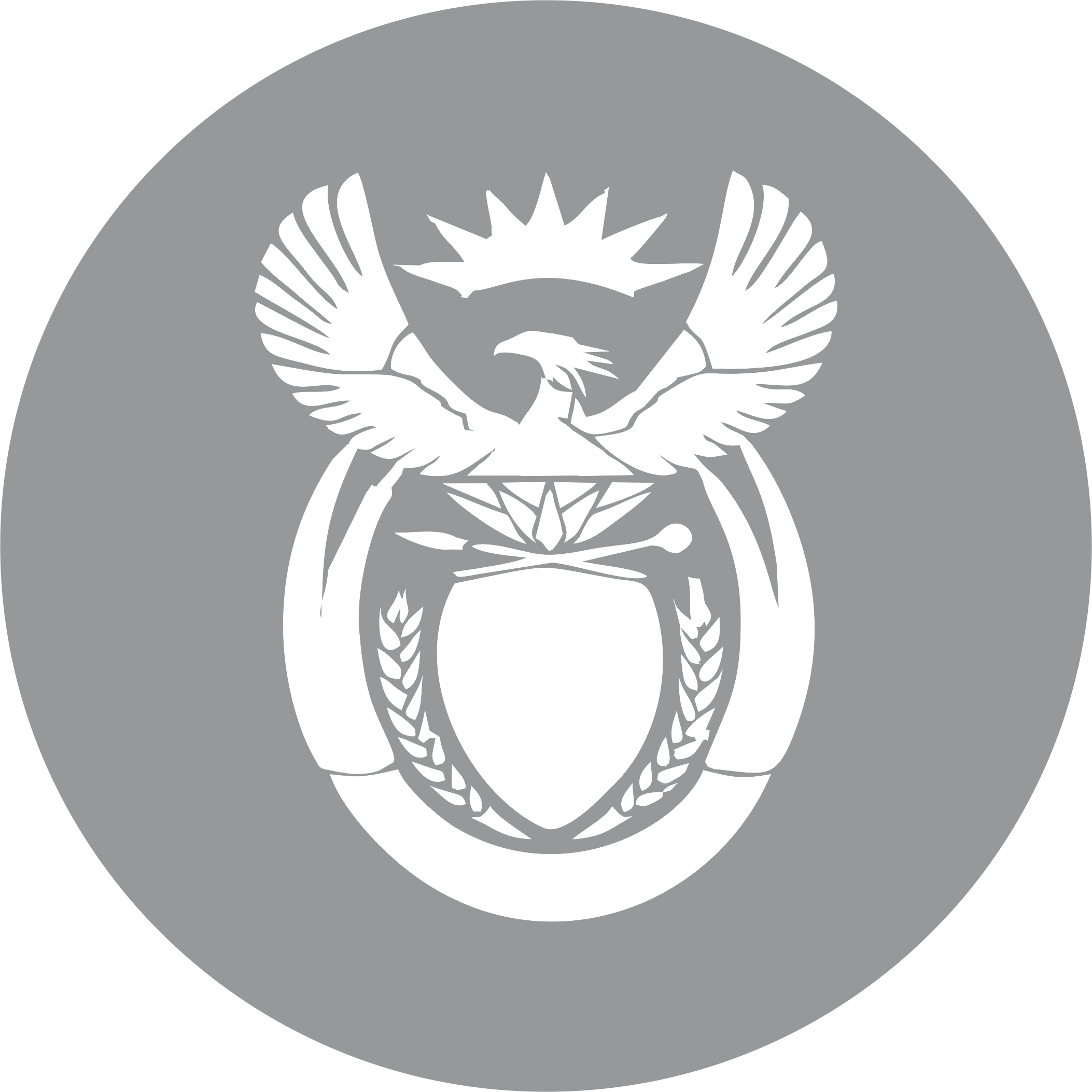
30 Nov Quantify your CV!
When I am short listing CV’s for a position, I don’t want to know “the soft facts”- that you like running or playing the piano on the weekend or that you think you are a “hardworking and loyal employee” who “thrives under pressure”. I look past all of this and look for the facts. I want to know the impartial information that can be measured, that I can make sound decisions on. And I have to admit, when I look for the information and it is not there, I either assume that it is not there because it does not exist, or by the time I get round to asking for the information, the position has been filled. Once I have short listed candidates on the measurable facts, then I call them in for interviews, and it is at this point that I “get to know the candidate” and ask competency based questions to determine if the person “can work under pressure” and is a “loyal employee”.
So, how do you quantify your CV to make it more marketable and stronger? Here are a few tips to help:
- Put dates on your CV. It makes a big difference if you have been at a company for 6 days or 6 years and which position you are currently/ last in. Did you start as a cashier and work your way up to store manager, or were you a store manager that has been demoted to cashier. Don’t assume the person reading your CV knows you.
- Put figures in brackets where possible to show significance. g. Switchboard (10 incoming lines); or Weekly payroll (200 employees paid weekly); creditors reconciliations (50 accounts) and Typing (65 words per minute).
- If they ask for your salary expectations- put it down. Don’t waste your time or anyone else’s.
- Put your notice period down- and don’t say immediate if it is not immediate!
- Put reasons for leaving
A few other tips when preparing your CV are:-
- Avoid the clip art pictures and rather add a professional picture of yourself. Does your CV look like a school project showing every IT trick you know, or a professional document?
- If you are requested to send a two page CV, rather take out the white spaces, make the font slightly smaller (not smaller than 10), and change the layout. Don’t keep the open spaces and take out the information! You would be surprised how much information you can get into two pages.
- List your duties at previous jobs in point form- not long sentences and stories that are hard to extract facts from.
- Take the time to type out your CV, rather than scan a faxed copy that looks unprofessional. Your CV speaks for you at this stage of applying for a job and is your chance to make a good impression!
- Put telephonic references for the companies that you have worked at previously. People will generally phone these people, rather than look for others, so to a certain extent you can get prospective employers to phone people who will give you a good references.
Hope the above tips help you to make your CV better and more powerful a tool in looking for your dream job!



